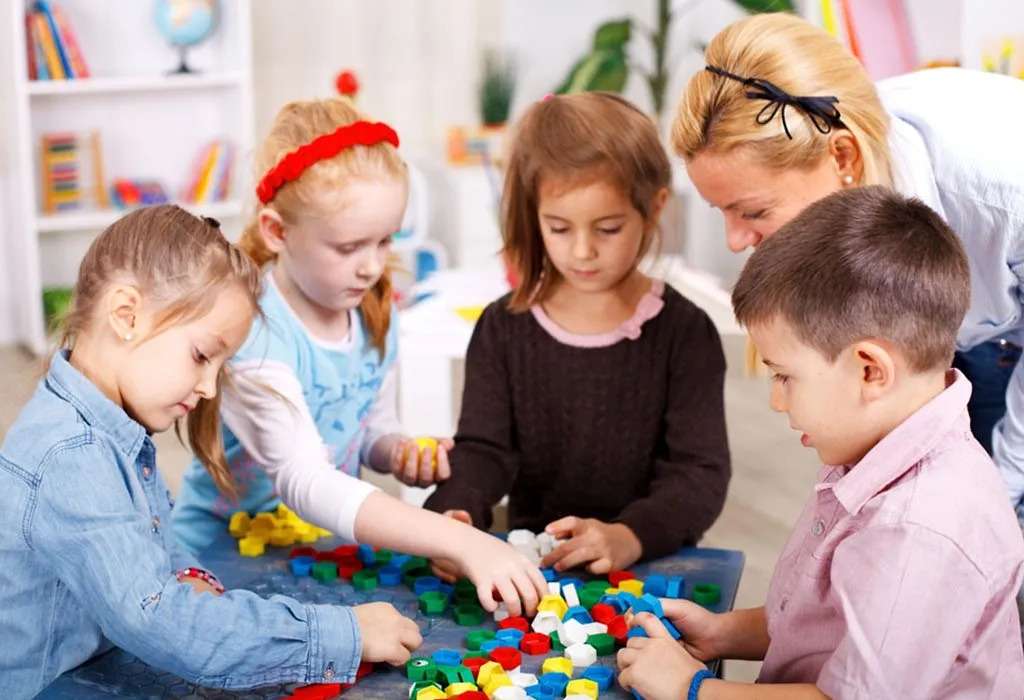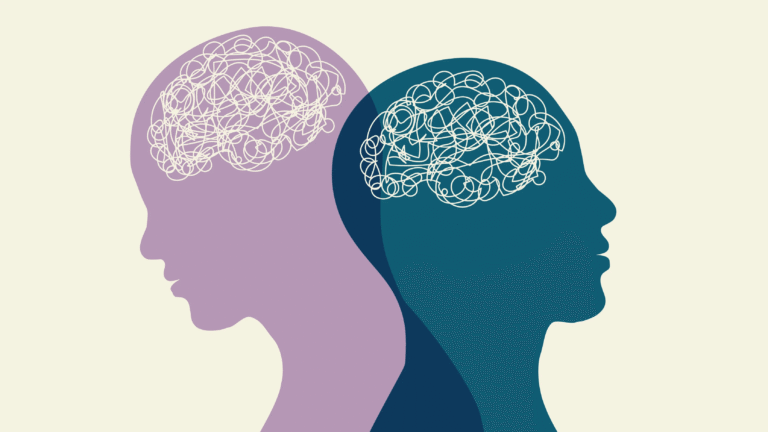Interactive memory games are more than just entertaining, they play a meaningful role in children’s cognitive growth. Interactive memory games actively improve kids’ attention and concentration by encouraging them to focus on details and remember information through engaging tasks. These games can be a helpful addition to daily routines, much like targeted occupational therapy exercises to improve attention, making them a strong tool for parents and educators seeking effective activities for focus.
As kids match images, remember sequences, or identify patterns, they train their brains to pay closer attention and ignore distractions. Simple game formats can feel like play but challenge important thinking skills in ways similar to structured occupational therapy exercises to improve attention and concentration. When used regularly, these interactive games can lead to broader improvements in behavior and learning by building stronger mental habits.
This article is for informational purposes only and is not a substitute for professional advice. Always consult a qualified expert regarding your child’s developmental needs.
Key Takeaways
- Memory games directly increase kids’ attention and concentration.
- Interactive activities can boost cognitive development in enjoyable ways.
- Consistent play can lead to lasting developmental benefits.
Core Mechanisms: How Interactive Memory Games Enhance Attention and Concentration
Interactive memory games provide targeted activities that stimulate cognitive growth and support a child’s developing brain function. These games rely on structured challenges that require sustained mental effort, gradually sharpening both memory improvement and the ability to remain attentive.
Strengthening Working Memory
Working memory is a key cognitive skill that allows children to temporarily hold and manipulate information. Interactive memory games for kids often present sequences, patterns, or rules that must be recalled and applied, exercising this system. Games like matching cards, sequence recall apps, or Simon-type activities repeatedly challenge and reinforce the ability to track details over short periods.
Improving working memory leads to better memory retention and supports tasks such as following instructions or solving multi-step problems. Research indicates that such exercises can have a measurable impact on a child’s attention and learning outcomes, making these games an integral part of cognitive development.
Improving Focus and Attention Span
Interactive memory games require continuous engagement, prompting players to concentrate on details and avoid distractions. This repeated practice enhances a child’s attention span and focus by building habits that help filter out irrelevant information. Classic examples are “spot the difference” or memory card games, which demand uninterrupted concentration.
The benefits of memory games in this area are supported by structured attention tests such as the Continuous Performance Test, and researchers highlight improvements in tasks that rely on sustained vigilance. Long-term, these effects can translate to better performance in classroom and learning environments, improving both academic and daily functioning.
Boosting Cognitive Flexibility and Adaptability
Cognitive flexibility is the mental ability to shift between different concepts or adapt to new rules quickly. Many modern memory games add layers of complexity, such as changing instructions mid-game or introducing novel scenarios, requiring kids to adapt rapidly. This back-and-forth thinking enables children to approach challenges from multiple angles.
Developing adaptability through memory games is linked to better problem-solving abilities and faster testing of alternative solutions. These core skills are crucial as children face varied academic and social demands. Engaging games that target flexibility contribute to enhanced cognitive skills and broader cognitive abilities by providing ongoing opportunities for mental adaptation.
Broader Cognitive and Developmental Benefits of Memory Games for Kids
Memory games like matching card games, brain games, and educational activities enrich cognitive function far beyond just attention and concentration. These games can strengthen core thinking skills, develop sensory memory, and promote essential social and language competencies.
Developing Problem-Solving and Critical Thinking
Participating in games such as puzzles, chess, and classic memory card games helps children improve their problem-solving abilities. By requiring kids to remember patterns, plan their next moves, and anticipate possible outcomes, these activities promote logical reasoning and strategic thinking. Children also build persistence and flexibility as they adapt when things do not go as planned. For instance, a student might have to rethink their approach in a board game or find new solutions during a particularly challenging round of an online memory game.
Matching games and memory match games encourage attention to detail and critical evaluation of information. These exercises can even support skills used in mathematics and other academic areas that require analytical thinking and decision-making.
Enhancing Visual and Auditory Memory Skills
Visual memory is heavily trained with memory card games, matching pairs, and Simon Says. These activities ask players to recall the locations, patterns, or sequences of objects, helping to boost spatial awareness, visual recognition, and observational skills.
Auditory memory games like Story Chain and following verbal instructions reinforce active listening and the ability to remember spoken sequences. Such experiences enhance a child’s listening skills and language processing. Repeated play with memory games helps strengthen neural connections in areas of the brain linked to both visual and auditory memory. This makes it easier for kids to recall information not just in games, but during classroom learning and everyday experiences.
Conclusion
Interactive memory games give children an enjoyable way to strengthen attention and concentration. Regular play with puzzles, matching cards, and logic games encourages critical thinking and focus by requiring kids to remember patterns and details.
These activities help reinforce both memory and other important brain functions, such as visual recognition and analytical ability. Parents and educators have found that playful, engaging tasks make a significant difference in cognitive development. Studies show that memory games support brain function and attentiveness, providing practical benefits that go beyond entertainment. As part of a balanced learning routine, these games offer children valuable tools for academic and everyday success.














